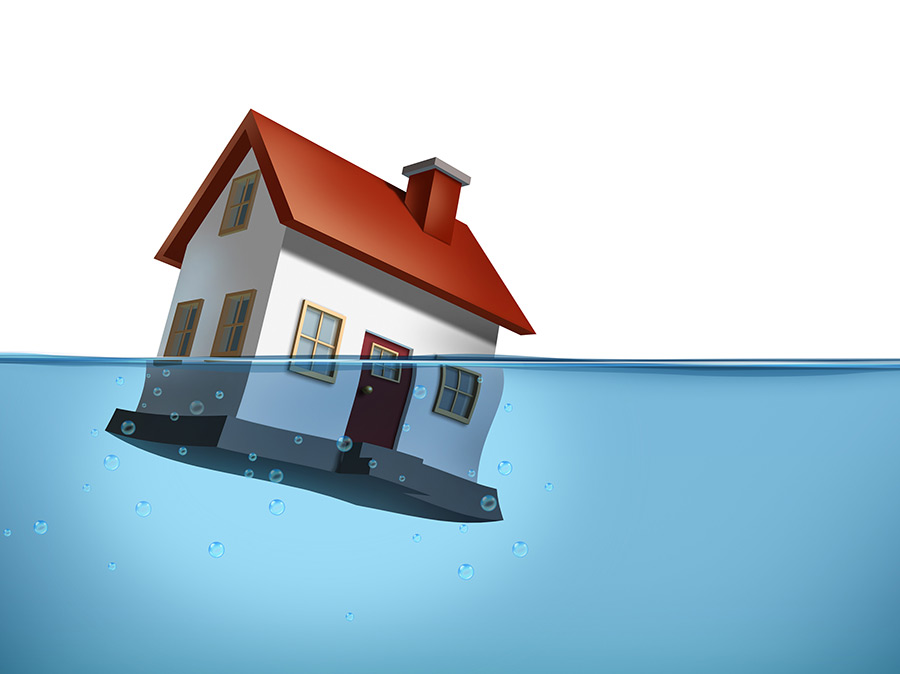Exploring the Top Six Causes of Water Leaks in Residential Spaces
Exploring the Top Six Causes of Water Leaks in Residential Spaces
Blog Article
Just about every person has their unique theory involving Top Causes of Home Water Leaks.

Leaks not only create waste of water yet can also create unnecessary damages to your house and advertise unwanted organic growth. By looking and recognizing for daily situations that cause leakages, you can safeguard your residence from future leaks and also unnecessary damages.
Encroaching origins
Many water leakages begin outside the residence rather than inside it. You may observe damp patches or sinkholes in your backyard, and also that might imply that tree origins are attacking water lines creating water to permeate out.
Corroded water systems
As time passes by, your plumbing system ages and also deterioration such as rust may start gnawing the pipelines. This might be the reason for staining or bending on your pipes. This asks for an inspection with your plumber quickly. If our plumbing system is old, consider replacing the pipes considering that they go to a greater threat of corrosion than the newer models.
Malfunctioning Pipe Joints
The point at which your pipelines attach is frequently the weakest web link in the waterline. Pipeline joints can deteriorate with time, causing water leaks. Sadly, most of pipeline joints are not easily visible. If you have noisy pipes that make ticking or banging noises, especially when the hot water is activated, your pipeline joints are possibly under a great deal of pressure. It is advisable to have your plumber inspect your system annually.
Instantaneous temperature level adjustments.
Severe temperature adjustments in our pipelines can trigger them to increase as well as contract all of a sudden. This growth as well as contraction might cause fractures in the pipes, specifically if the temperature are below freezing. It would be best if you watched on exactly how your plumbing works. The existence of the previously stated scenarios frequently shows a high threat.
Poor Water Connectors
At times, a leakage can be caused by loosened hoses and also pipes that provide your appliances. More often than not, moving is what creates the loose water Links. You may find in the case of a cleaning device, a tube may spring a leakage as a result of drinking during the spin cycle. In case of a water connections leakage, you may observe water running straight from the supply line or puddles around your home appliances.
Clogged Drains
Blocked drains pipes might be frustrating and inconveniencing, yet they can in some cases wind up creating an overflow resulting in rupture pipelines. Maintain removing any kind of products that may go down your drains that might obstruct them to avoid such aggravations.
All the above are causes of leakages however not all water leakages arise from plumbing leakages; some leaks might originate from roof covering leakages. All leakages should be repaired right away to prevent water damages.
Leaks not only cause waste of water but can likewise trigger unnecessary damages to your house and promote unwanted organic growth. By looking and comprehending for day-to-day scenarios that create leakages, you can shield your residence from future leakages and also unneeded damage. Today, we will certainly look at 6 leakage creates that might be creating your pipelines to leak.
At times, a leak can be triggered by loose hose pipes and pipes that provide your devices. In instance of a water connections leak, you might see water running straight from the supply line or pools around your home appliances.
How To Check For Water Leak In Your Home
How To Check for Leaks
The average household's leaks can account for nearly 10,000 gallons of water wasted every year and ten percent of homes have leaks that waste 90 gallons or more per day. Common types of leaks found in the home are worn toilet flappers, dripping faucets, and other leaking valves. These types of leaks are often easy to fix, requiring only a few tools and hardware that can pay for themselves in water savings. Fixing easily corrected household water leaks can save homeowners about 10 percent on their water bills.
To check for leaks in your home, you first need to determine whether you're wasting water and then identify the source of the leak. Here are some tips for finding leaks:
Take a look at your water usage during a colder month, such as January or February. If a family of four exceeds 12,000 gallons per month, there are serious leaks.
Check your water meter before and after a two-hour period when no water is being used. If the meter changes at all, you probably have a leak.
Identify toilet leaks by placing a drop of food coloring in the toilet tank. If any color shows up in the bowl after 10 minutes, you have a leak. (Be sure to flush immediately after the experiment to avoid staining the tank.)
Examine faucet gaskets and pipe fittings for any water on the outside of the pipe to check for surface leaks.
Undetected water leaks can happen without the home or business owner even realizing. If you suspect a water leak, but not able to find the source. It is time to contact a professional water leak detection service, The Leak Doctor.
How To Find a Water Leak In Your Home
https://www.leakdoctor.com/blog/How-To-Check-For-Water-Leak-In-Your-Home_AE197.html

We were introduced to that editorial on Common Water Leaks In House through a friend on another site. Loved our write-up? Please share it. Let another person discover it. We cherish reading our article about Top Causes of Home Water Leaks.
See Availability Report this page